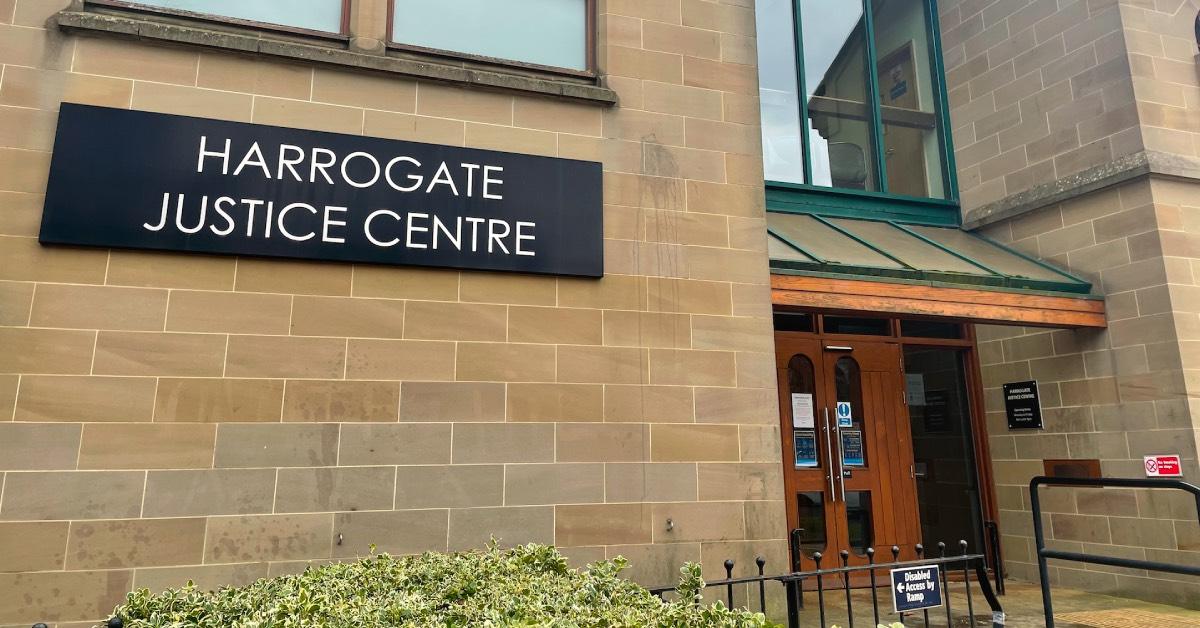31
Aug 2025
Why the Stray Ferret doesn't name some child abusers

This article is free to read. The Stray Ferret is committed to covering crime and those convicted of crimes in this area. Flora, or a fellow journalist, goes to court every week - no other news organisation locally does this. This is funded through subscription - please subscribe to get all local news. It's less than 13p a day if you take out an annual subscription. Find out more here. Thank you.
When a child has been the victim of abuse and violence and is at the centre of a court case, we often get criticised for not naming the abuser.
It’s understandable that people want those who commit such crimes named so the public is aware of who they are.
The Stray Ferret has been accused of protecting people involved in crimes against children. Readers think that we have chosen to keep their identities a secret.
This is not the case.
As journalists we cannot name them. When it comes to crimes against children, media law is very clear and it is all about protecting the children involved.
Reporting restrictions are automatically applied to cases involving children.
This means that journalists are prohibited from publishing any details that could identify a child in a case. This includes their name, address, where they go to school and photos.
But these restrictions can go further and mean journalists cannot identify the abuser if revealing their name identifies the child.
This is because the abuser could be a parent, a guardian, a cousin, a grandparent or anyone whose relation to the child victim would easily identify them.
We recently covered a horrific case of child cruelty.
A Harrogate couple, a man and a woman, were each convicted of two counts of child cruelty following a week-long trial at York Crown Court.
The man was also found guilty of assaulting one of the children, causing him actual bodily harm.
During the trial, the court heard the female defendant was given custody of two boys following the death of their mother.
But the couple went on to physically and verbally abuse the boys, not give them enough food and even put dirt in one of the of the boys’ meals.
Due to children being at the centre of this case, we could not name the couple.
Had we done so, the children would have been easily identifiable, and we would have breached a stringent reporting restriction.
These restrictions do not apply to every case, which is why we are able to report the names of the accused in some cases and not in others.
I cover court cases every week – some extremely distressing – and understand how emotive these stories can be.
But journalists have a legal obligation to report stories fairly, accurately and in line with any relevant reporting restrictions.
We are not protecting the accused or convicted, but protecting the identities of victims and, in this instance, vulnerable children.
We feel it is important to report the cases as they expose abuse in our community and it monitors conviction rates.
If you are a subscriber, thank you.
Your support enables us to continue covering court cases, like the one mentioned in this piece.
If not, please consider doing so. We are the only journalists going to these cases and the public needs to hear about them. Thank you.
1